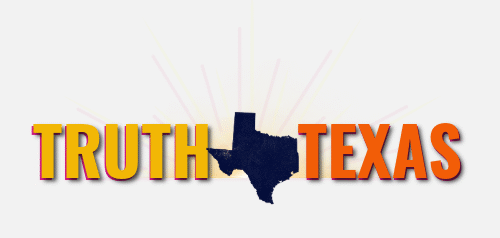AUSTIN (KXAN) — The Texas Office of Attorney General filed its response on Sept. 18 to a First Amendment lawsuit brought by UT Austin and UT Dallas students against leaders at the University of Texas System, saying that the students’ case should be dismissed by the U.S. District Court.
The students allege the UT System’s new “expressive activities” policies restrict their campus organizations’ right to free speech. The defendants’ response says that isn’t the case.
“None of the Plaintiffs, and no student at UT Austin, faces a threat of injury for engaging in non-disruptive communications between 10:00 p.m. and 8:00 a.m.,” the system’s response reads.
The response provides three core arguments for why the case should be dismissed without prejudice:
- A federal court is the wrong venue to hear the case due to sovereign immunity;
- Plaintiffs’ have not yet suffered any harm or injury because of the policies, nor is there an imminent threat of harm; and,
- The restrictions are content-neutral time, manner, and place restrictions.
If the case is dismissed without prejudice, then the plaintiffs could refile a similar lawsuit in the future or in a state-level court.
Sovereign Immunity defense
Sovereign immunity is a legal principle that prevents plaintiffs from bringing lawsuits in a federal court against a state or its subdivisions, unless they can prove multiple factors about the defendants.
The part that plaintiffs failed to show, according to the OAG, was how defendants’ were connected to the enforcement of the new policies. The lawsuit named the UT System’s Board of Regents, UT Chancellor Dr. John Zerwas, Austin President James Davis and UT Dallas President Dr. Prabhas Moghe as defendants.
“… none of the state officials named as Defendants has “sufficient connection [to] the enforcement” of the challenged statute,” the response reads. “Plaintiffs cannot establish that [Davis] … or [Moghe] … have a particular duty to enforce any particular provision of UT Austin’s or UT Dallas’ policy.”
The lawsuit argues that these defendants, as leaders of their schools and the UT System, are directly responsible for downstream policy.
“This includes developing and administering policies ‘for the program, organization, and operation of the institution,’ ‘policies relating to students,’ and ‘rules and regulations for the governance of the institution,'” states the lawsuit about Moghe and Davis.
Rather, the defense stated that the enforcement of campus policies fall on the schools’ offices of the Dean of Students, citing UT Austin and UT Dallas policy handbooks. The same argument was also laid out for the Board of Regents.
The response also included declarations signed by the UT Austin and UT Dallas Deans of Students. Those reiterated that their offices hold the duty to enforce campus policies.
Response clarifies how policies will be enforced
The state law being challenged by the plaintiffs is Senate Bill 2972, which creates restrictions on free speech at college campuses in Texas. The student groups said in their lawsuit that they believe the new rules created because of SB 2972 would prevent all speech during overnight hours.
“… members—and untold numbers of students—will violate the overnight speech ban when they utter a single syllable before 8 a.m. or after 10 p.m.,” reads the plaintiffs’ motion for an injunction. “So too will student journalists at The Retrograde when they publish after-hours breaking news coverage, as will Young Americans for Freedom’s student members when they strategize on social media after sunset.”
While the OAG’s response didn’t dispute that the law creates restrictions, it argues that the defendants won’t be the ones who enforce the new rules:
“SB 2972 does not directly regulate students; it directs institutions of higher education to adopt certain policies,” the response reads. “Rather than challenge those policies, Plaintiffs have chosen to direct their claims at SB 2972 alone. But SB 2972 will not be enforced against Plaintiffs by any state official.”
The response also argues the new policies are “time, manner, and place” restrictions that “do not impose a blanket ban on expressive activities.”
The U.S. Supreme Court has typically allowed such bans if they serve a compelling public interest; for example, municipal noise ordinances are similar restrictions. In this case, the OAG argues that the universities have an interest in letting students rest and study without disruption.
The response clarifies how UT System schools might enforce the new policies:
“Moreover, UT Austin’s policy … ‘cannot ban unobtrusive forms of communication with no potential for disruption even in the specialized environment subject to the localized rule.’ None of the Plaintiffs, and no student at UT Austin, faces a threat of injury for engaging in non-disruptive communications between 10:00 p.m. and 8:00 a.m.,” the response reads.
It also states university staff and law enforcement will seek voluntary compliance with “disruptive” speech before taking punitive measures.
